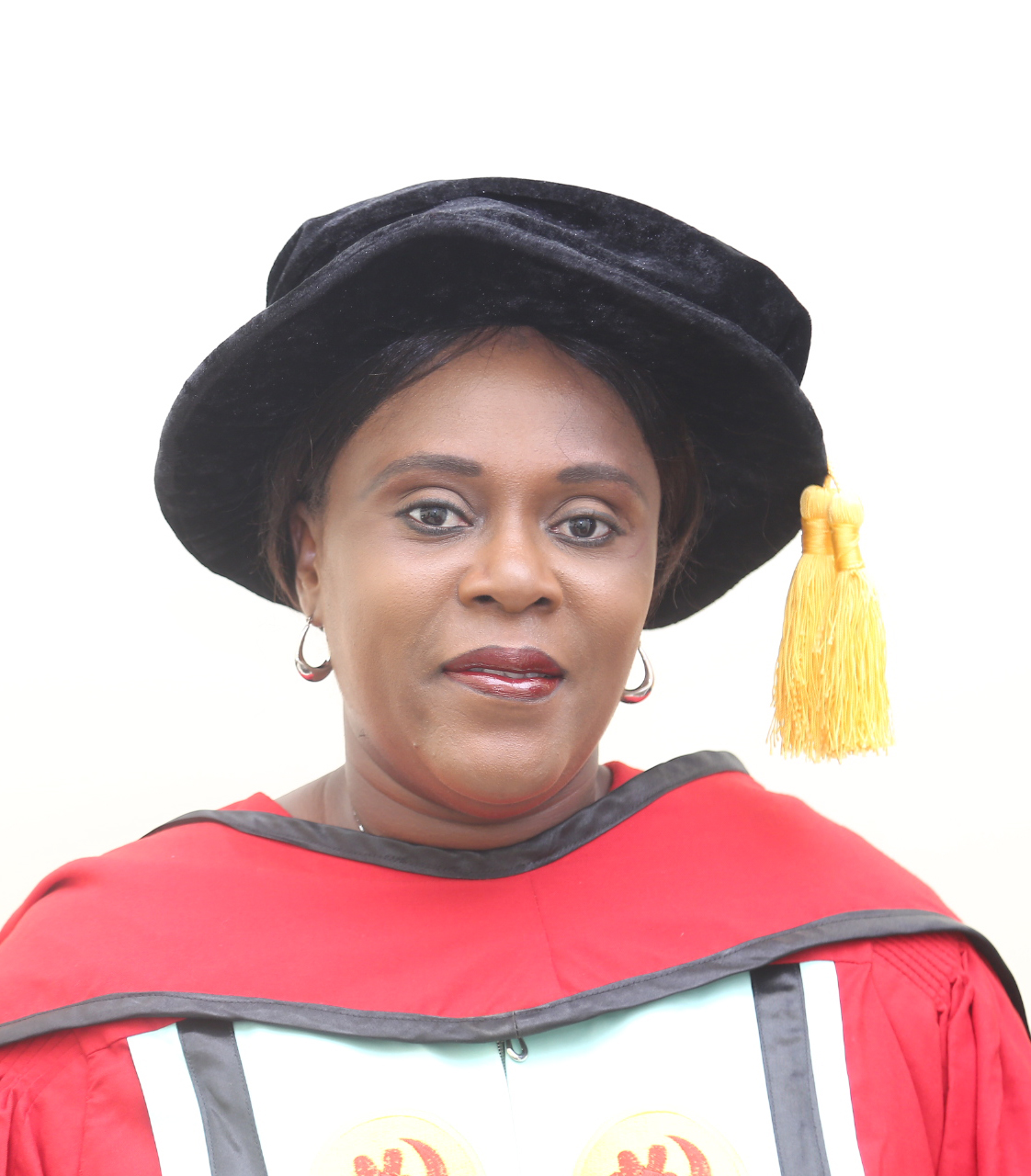The Vice-Chancellor has on behalf of the University Council has appointed Dr. (Mrs.) Dorcas Obiri-Yeboah, as the Deputy Director of the Directorate of Research, Innovation and Consultancy (DRIC), with effect from 1st August 2020.
A seasoned academic, her qualifications include BSc., MB.ChB, MSc, and PhD. Her research interests include sexually-transmitted infections, clinical microbiology and immunology, Antimicrobial Resistance, HIV/AIDS, Human Papilloma virus (HPV), Molecular epidemiology, and Oncology. She is a prolific and accomplished scholar and some of her research works have appeared in high impact journals including PLoS One, Parasitology Research, AIDs and Behaviour, Annals of Global Health, Malaria Journal, American Journal of Otolaryngology, Virology Journal, Journal of the American College of Cardiology, Journal of Public Health in Africa, and BMC Journals (Women’s Health, Cancer, Health Services Research, Pediatrics, Infectious Diseases).
Publications
Dr. Obiri-Yeboah is globally visible and has close to 60 publications in Scopus-indexed journals indicating that she is third in the all-time list of UCC faculty and first in the female category in terms of the number of scholarly output in Scopus. She has an active and extensive network of research collaborators across the African continent and beyond. She is present on all scholarly online platforms including Publons, Google Scholar, and ResearchGate. She has close to 80 peer-reviewed international journal articles on Google Scholar.
Awards
In 2020, the Commonwealth Scholarship Commission (CSC) in the UK and Taylor & Francis Group jointly announced that Dr. Obiri-Yeboah had won the best journal article prize for a paper on “Epidemiology of cervical human papillomavirus (HPV) infection and squamous intraepithelial lesions (SIL) among a cohort of HIV-infected and uninfected Ghanaian women” which was published in BMC Cancer.
Outreach Services
Dr. Obiri-Yeboah continues to offer clinical service at the Cape Coast Teaching Hospital particularly with the HIV/STIs and Tuberculosis units under the Public Health Department. In addition, she supports the National AIDS/STI Control Programme and other National and International agencies supporting health delivery in Ghana. She is currently a member of the National Paediatric HIV Acceleration Plan task team and an Advisory Board member for the West African Network of Excellence for TB, AIDS and Malaria (WANETAM).
She is the immediate past Dean of the School of Nursing and Midwifery and has previously served as the Head of the Department of Microbiology and Immunology in the School of Medical Sciences, UCC for six years.

